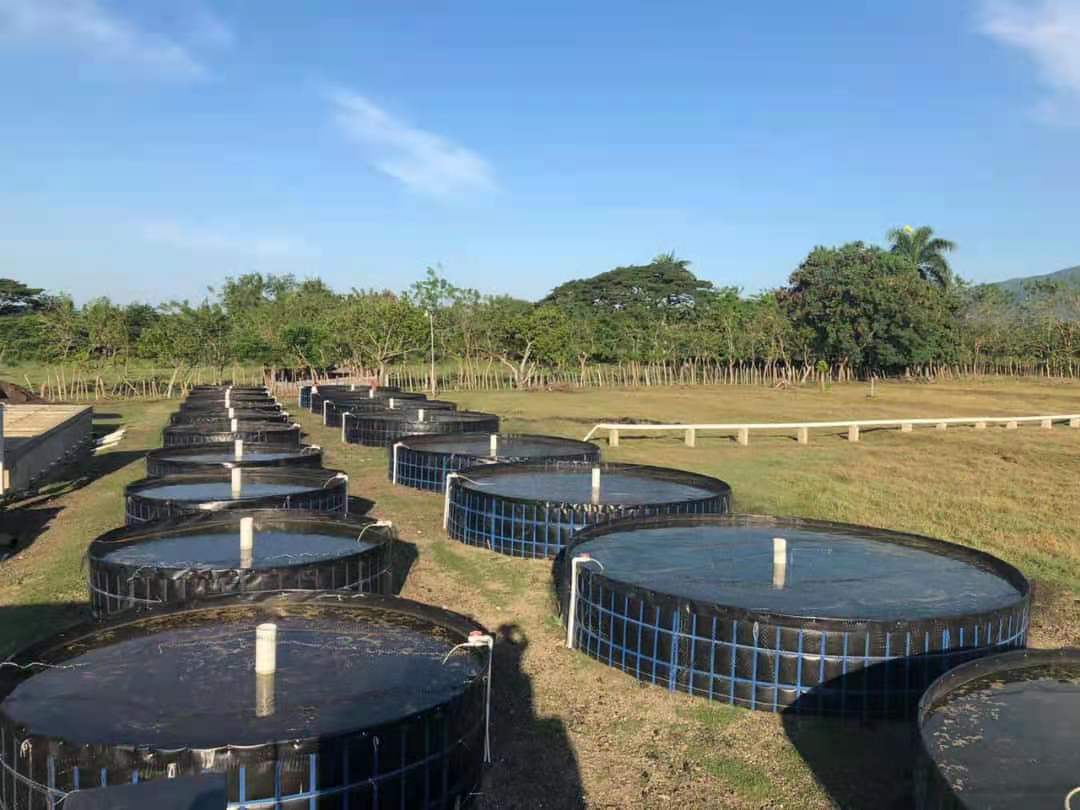close
Choose Your Site
Global
Social Media
Views: 5 Author: Site Editor Publish Time: 2023-08-21 Origin: Site








Geomembrane has become an essential component in various industries due to its numerous advantages. In this article, we will explore the benefits of using geomembrane in environmental protection, construction projects, and agriculture.
Geomembranes play a crucial role in environmental protection, offering numerous advantages that contribute to the preservation and sustainability of our planet. These impermeable synthetic membranes are specifically designed to control and prevent the leakage of hazardous substances, ensuring the safety of soil, water, and surrounding ecosystems.
One key advantage of geomembranes in environmental protection is their ability to act as a barrier against contaminants. By creating a reliable barrier, geomembranes prevent the migration of harmful chemicals and pollutants into the soil. This helps to safeguard groundwater, which is a vital resource for drinking water and irrigation purposes. Additionally, geomembranes can prevent the spread of pollutants to nearby bodies of water, protecting aquatic life and preserving the overall ecological balance.
Another advantage of geomembranes is their versatility and adaptability. These membranes can be customized to suit various environmental conditions and applications. Whether it's for landfill liners, reservoirs, or containment systems, geomembranes can be tailored to meet specific project requirements. This flexibility ensures that the most effective and efficient solution is implemented, minimizing any potential environmental risks.
Furthermore, geomembranes offer long-term durability and resistance to harsh environmental conditions. Designed to withstand UV exposure, extreme temperatures, and chemical exposure, these membranes provide reliable protection for extended periods. By reducing the need for frequent maintenance and replacements, geomembranes contribute to the overall sustainability of environmental protection efforts.
In addition to their physical properties, geomembranes are also cost-effective solutions for environmental protection. The installation and maintenance costs of geomembranes are relatively low compared to alternative methods. Their long lifespan and minimal maintenance requirements make them a cost-efficient choice for various applications. This cost-effectiveness allows for the allocation of resources towards other important environmental initiatives.
Geomembranes play a crucial role in construction projects, providing numerous advantages that enhance the overall efficiency and longevity of structures. One of the key benefits of using geomembranes is their ability to provide an impermeable barrier, preventing the leakage of liquids and gases. This is particularly important in projects where containment is necessary, such as landfills, reservoirs, and wastewater treatment facilities.
In addition to their impermeability, geomembranes offer exceptional strength and durability. They can withstand harsh environmental conditions, including extreme temperatures, UV radiation, and chemical exposure. This makes them highly reliable for long-term applications, reducing the need for frequent repairs or replacements.
Another advantage of using geomembranes in construction projects is their versatility. They can be customized to fit specific project requirements, including size, shape, and thickness. This flexibility allows for seamless integration into various structures, ensuring a tight and secure fit. Moreover, geomembranes can be easily installed, saving both time and labor costs.
Geomembranes also contribute to environmental sustainability. By preventing the contamination of soil and groundwater, they help protect natural resources and ecosystems. Additionally, geomembranes can be manufactured using recycled materials, further reducing their environmental impact.
Furthermore, geomembranes offer cost-effectiveness in construction projects. Their durability and longevity translate into long-term savings, as they eliminate the need for frequent maintenance and repairs. Additionally, their ability to prevent leakage and seepage helps avoid costly environmental cleanup and remediation efforts.
Geomembrane has become an indispensable tool in modern agriculture, offering numerous advantages that contribute to the overall success of farming practices. One of the key benefits of using geomembrane in agriculture is its ability to effectively control soil erosion. By creating a barrier between the soil and water, geomembrane prevents the loss of valuable topsoil, which is crucial for maintaining soil fertility and preventing nutrient depletion.
Another advantage of geomembrane in agriculture is its ability to conserve water. With water scarcity becoming an increasingly pressing issue, farmers are constantly looking for ways to optimize water usage. Geomembrane plays a significant role in this aspect by reducing water evaporation and preventing seepage. By minimizing water loss, farmers can effectively conserve this precious resource and ensure its availability for future generations.
In addition to water conservation, geomembrane also helps in weed control. Weeds compete with crops for essential nutrients, sunlight, and water, thereby reducing crop yields. By installing geomembrane in agricultural fields, farmers can create a weed-free environment, eliminating the need for excessive herbicide use. This not only reduces the environmental impact but also saves farmers valuable time and resources.
Furthermore, geomembrane provides an effective solution for nutrient management. By preventing the leaching of fertilizers and agrochemicals into the soil, geomembrane helps in maintaining optimal nutrient levels in the root zone. This ensures that crops receive the necessary nutrients for healthy growth, leading to higher yields and improved overall crop quality.
Geomembrane also offers protection against pests and diseases. By acting as a physical barrier, it prevents the entry of pests and pathogens into the crop area, reducing the risk of infestations and disease outbreaks. This not only minimizes crop damage but also reduces the need for chemical pesticides, promoting sustainable and eco-friendly farming practices.
Geomembranes are highly beneficial in environmental protection due to their ability to act as a barrier against contaminants. They offer versatility, durability, and cost-effectiveness, making them essential tools for preserving and safeguarding the environment. In construction projects, geomembranes provide impermeability, strength, versatility, sustainability, and cost-effectiveness, making them an ideal choice for various applications such as landfills, reservoirs, and wastewater treatment facilities. In agriculture, geomembranes offer numerous advantages including controlling soil erosion, conserving water, weed control, nutrient management, and pest protection. By harnessing the benefits of geomembranes, farmers can optimize yields, minimize environmental impact, and contribute to the sustainable future of agriculture.